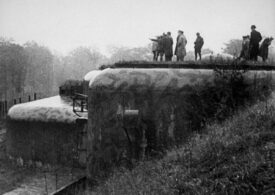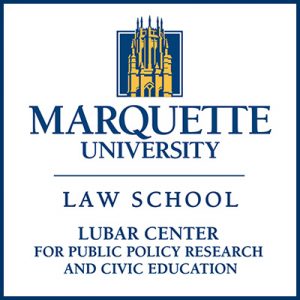The Last Bastion
 The United States, like most democracies, takes pride in being governed by the “rule of law”; it aspires to be what John Adams once called “a government of laws and not of men.” There’s a sense, in this imagery, that law is something distinct from human beings; that it’s a sort of machine, that operates autonomously to generate answers to legal questions.
The United States, like most democracies, takes pride in being governed by the “rule of law”; it aspires to be what John Adams once called “a government of laws and not of men.” There’s a sense, in this imagery, that law is something distinct from human beings; that it’s a sort of machine, that operates autonomously to generate answers to legal questions.
Of course, as the legal realists recognized, that’s all transcendental nonsense. Laws do not apply themselves, they are written and interpreted and applied by human beings. But a rule of laws that is subject to the whims of individual decisionmakers is no rule at all. Believing in the rule of law requires a sort of leap of faith. It requires a form of trust that other actors in the system, even ordinary citizens, will generally coalesce around the same outcomes and interpretations.
And that sort of trust — any sort of trust in institutions, including law — is breaking down. Faith in courts to provide the law, and faith in lawyers to be able to say what the law is, will fade with it. And after that, in the words of Felix Frankfurter: “first chaos, then tyranny.”

